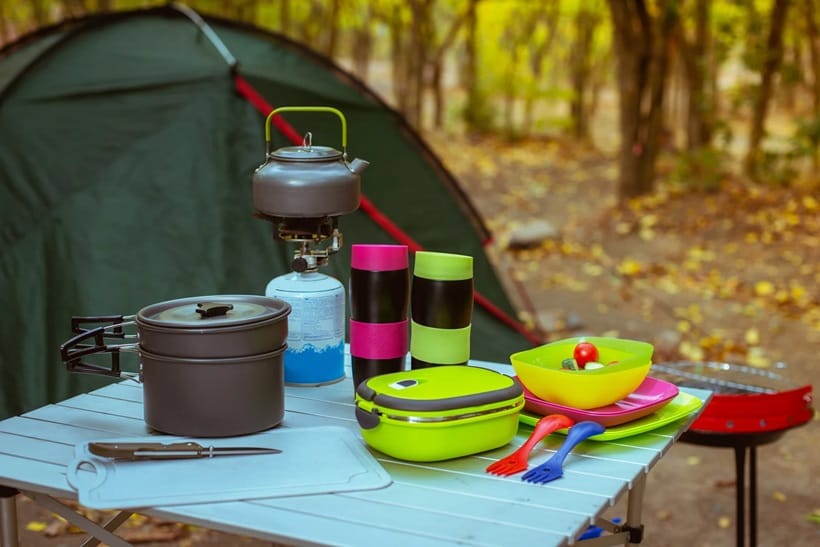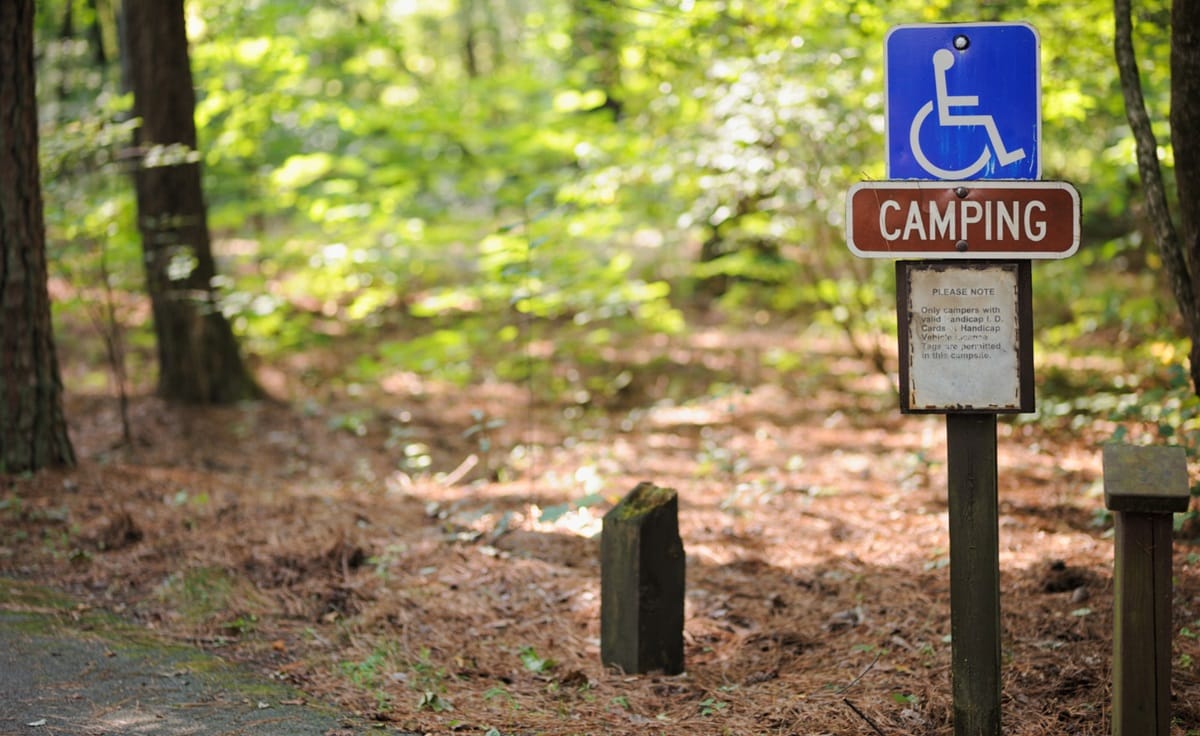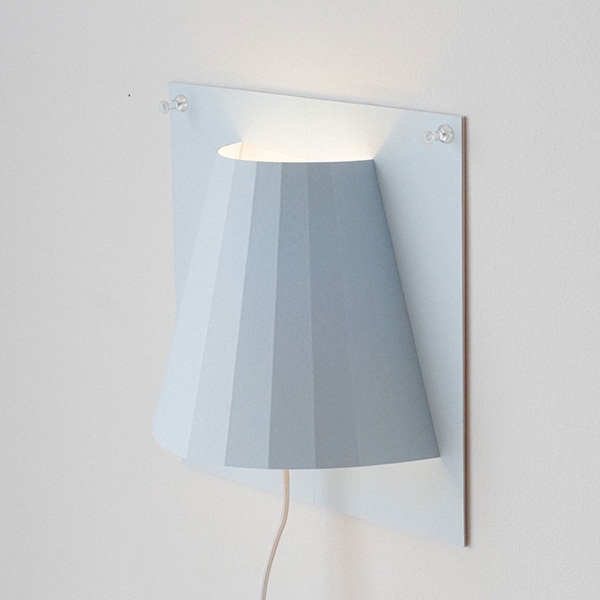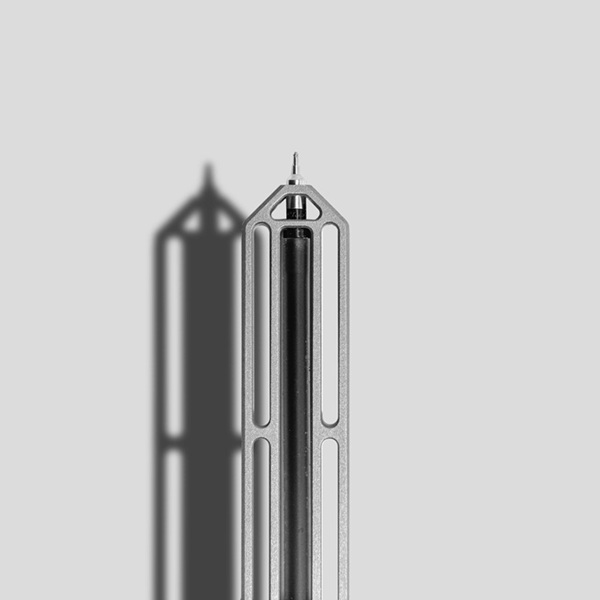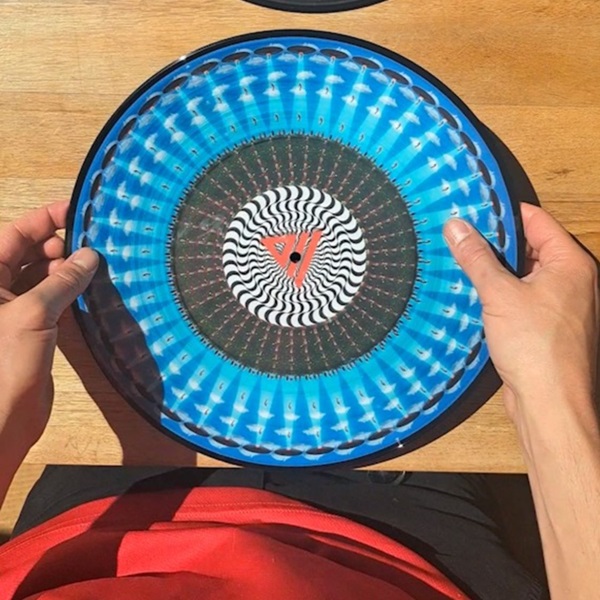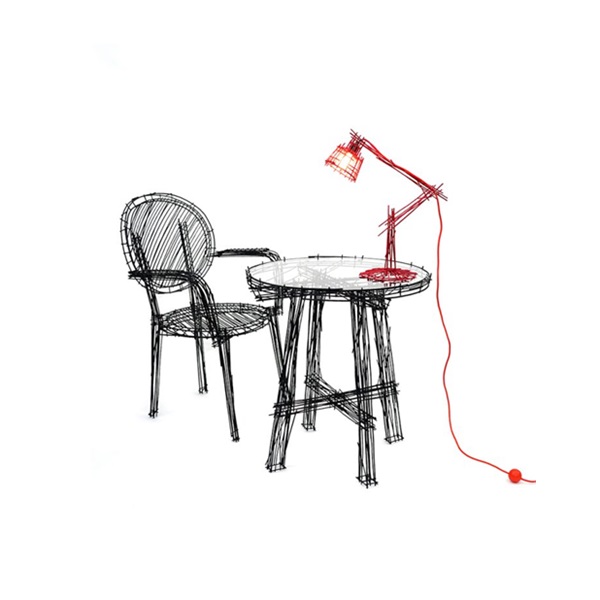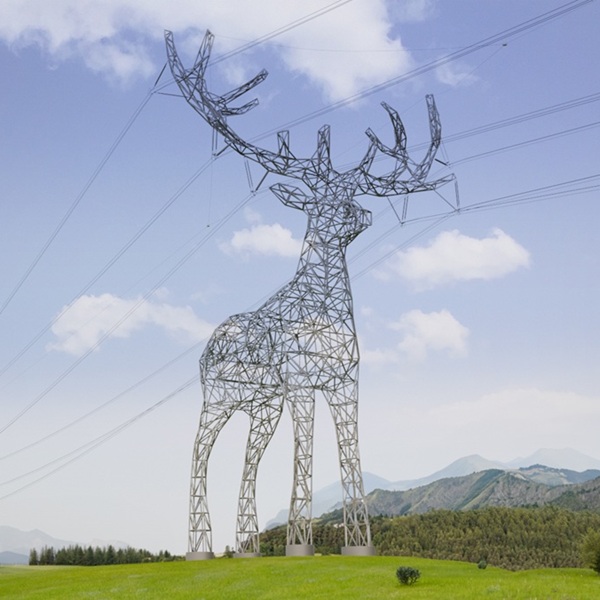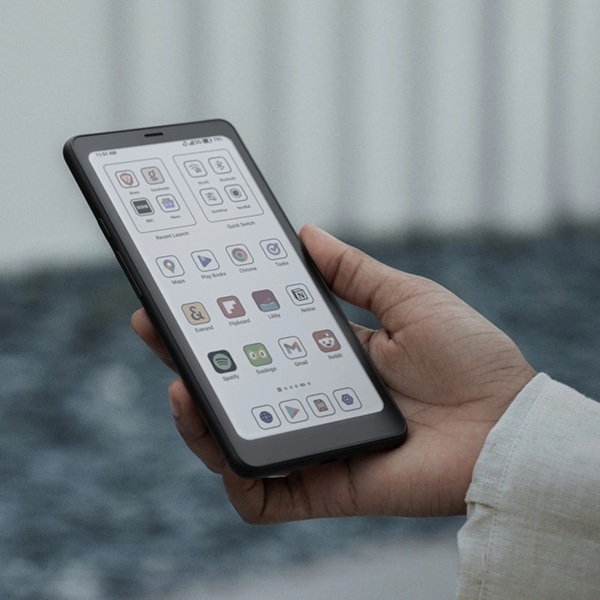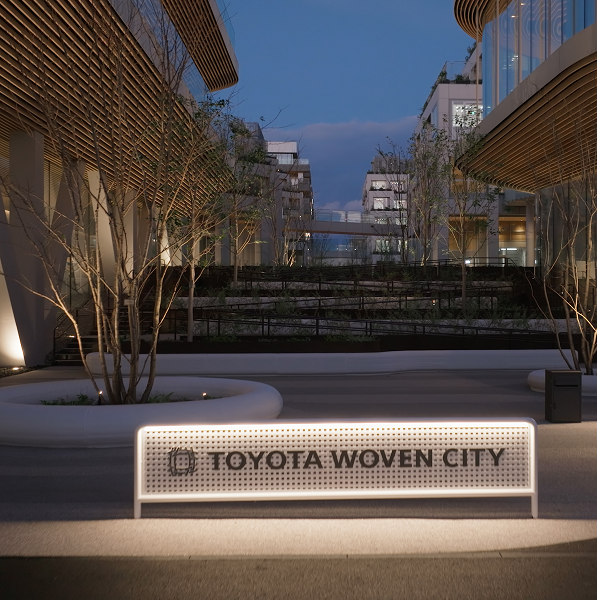
With new governmental regulations implemented around the world, camping for people with disabilities has become much more accessible and enjoyable. From improved infrastructure to inclusive designs in campgrounds, these changes have opened up new opportunities for everyone to experience the great outdoors.
Wheelchair-friendly paths, accessible restrooms, and adaptive camping gear are just a few examples of how camping has evolved to cater to all abilities. In addition, in many countries, campgrounds are now required to meet specific accessibility standards. Such regulations make camping easier for those with physical, sensory or cognitive disabilities to enjoy a seamless camping experience.
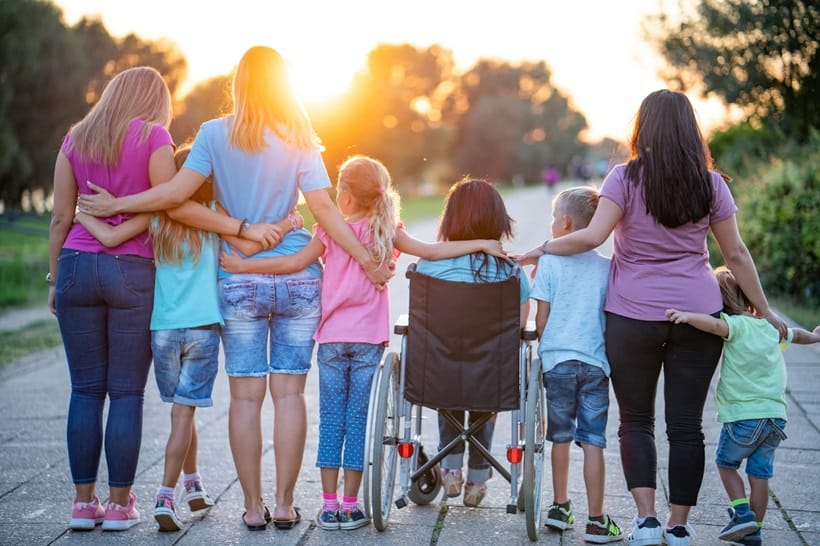
Can I go camping if I am Disabled?
Absolutely, you can go camping if you are disabled! In fact, camping with disabilities is more accessible than ever. Whether you have mobility challenges, sensory impairments, or other conditions, there are now many ways to enjoy the outdoors.
With adaptive equipment, accessible campgrounds, and supportive community initiatives, camping is an experience you can fully embrace. Many campgrounds offer wheelchair-accessible trails, restrooms, and even campsites designed specifically to meet your needs.
If you are worried about safety or comfort, it is worth noting that many outdoor enthusiasts without disabilities have found great joy and empowerment in camping. The key is planning ahead, choosing the right gear, and finding accessible locations that cater to your needs.
Remember, camping for adults with disabilities is not about limitations, it is about finding the best ways to enjoy nature and create lasting memories on your own terms.
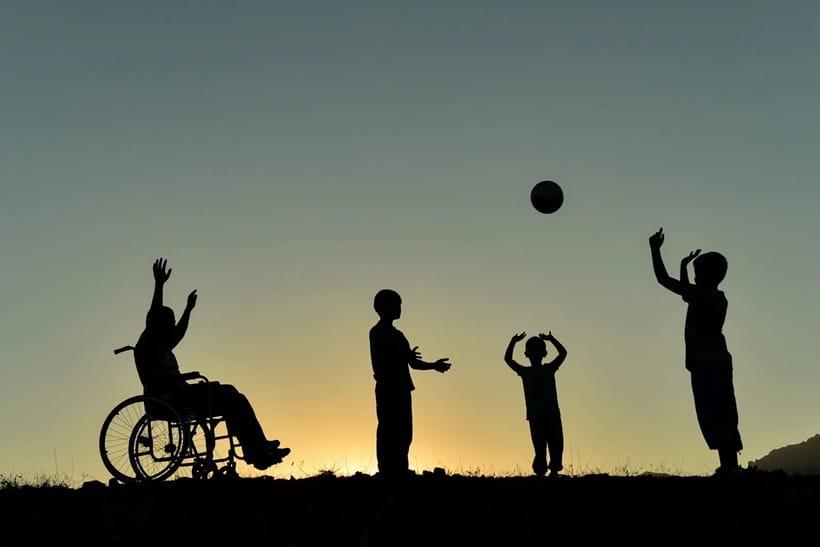
Finding a Disabled-Friendly Campground
When it comes to camping with disabilities, finding the right campground is essential for a comfortable and enjoyable experience. Fortunately, many campgrounds today are designed with accessibility. In addition, campgrounds offer features that cater to a wide range of needs.
Whether you require wheelchair-friendly paths, accessible facilities, or specific campsite layouts, there are many options available. It is important to do some research ahead of time to ensure the campground you choose has the necessary accommodations for your specific requirements.
Some of our suggestions for you to consider when searching for a campground suitable for disabled persons are as follows:
- Look for campgrounds that offer dedicated accessible campsites with level ground and easy access to amenities.
- Check if there are wheelchair-accessible trails or boardwalks for easier navigation.
- Ensure the campground has ADA-compliant restrooms and showers.
- Consider campgrounds near hospitals or emergency services for added peace of mind.
- Some campgrounds offer adaptive gear like off-road wheelchairs or accessible fishing docks.
- Inquire if staff are trained to assist campers with disabilities.
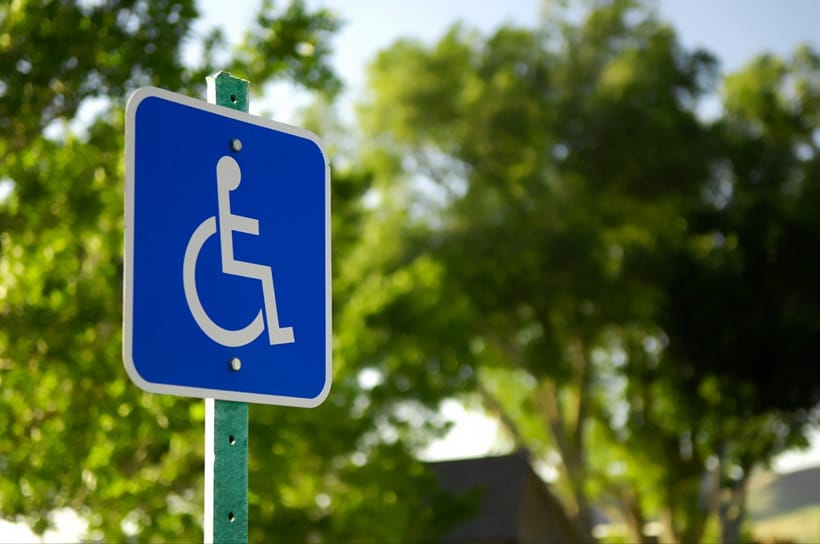
How to Camp with a Disability: Right Gear to Bring
Having the right gear is crucial when camping with disabilities, as it ensures comfort, safety, and accessibility throughout your adventure. With the wide variety of adaptive camping gear available today, you can fully enjoy the great outdoors without worrying about mobility or other limitations.
Here is a list of essential gear to consider when camping with disabilities:
Accessible Tent: Look for tents with larger doorways and easy access features like ramps or vestibules.
Adaptive Sleeping Equipment: Bring sleeping bags with extra padding or elevated air mattresses for added comfort.
Portable Wheelchair Ramps: These ramps help navigate uneven terrain or steps within the campground.
Supportive Camping Chairs: Opt for chairs with added lumbar support or elevated seats for easier transfers.
Off-Road Wheelchair or Mobility Scooter: If needed, an off-road wheelchair or mobility scooter can make exploring trails easier.
Adaptive Utensils and Cooking Gear: Lightweight, easy-to-handle utensils and adaptive camping stoves simplify meal preparation.
Medical Kit with Specialized Supplies: Be sure to pack any necessary medical equipment or supplies specific to your condition.
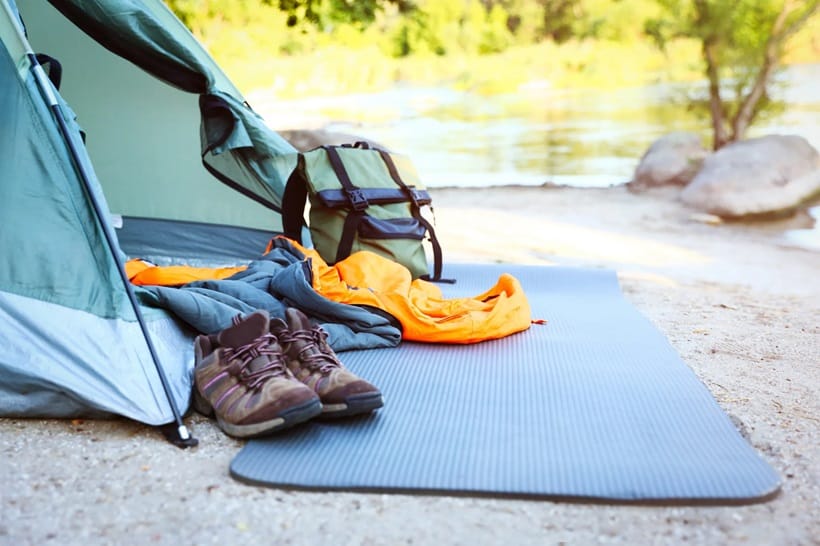
What can I Do While Camping?
Camping for people with disabilities does not mean you have to miss out on all the fun. In fact, there are many activities you can enjoy while soaking in the beauty of nature. Whether you prefer relaxation or adventure, camping offers a variety of accessible options that cater to different abilities.
With thoughtful planning and adaptive equipment, camping with disabilities opens the door to unique and fulfilling experiences. From stargazing to accessible trails, you’ll find there are plenty of ways to make the most of your time outdoors, no matter your mobility or needs.
Accessible Hiking: Many parks offer wheelchair-accessible trails where you can explore the natural surroundings.
Fishing: Adaptive fishing gear and accessible docks make fishing an enjoyable option.
Bird Watching: Sit back and enjoy bird watching from the comfort of your campsite with binoculars or spotting scopes.
Stargazing: Find an open spot to marvel at the night sky, using accessible camping chairs or blankets.
Campfire Gatherings: Participate in campfire storytelling or cooking, with adaptive cooking tools if needed.
Photography: Capture the beauty of nature with lightweight, easy-to-handle cameras or phones.
Adaptive Sports: Some campgrounds offer activities like accessible kayaking or adaptive cycling for more adventurous campers.
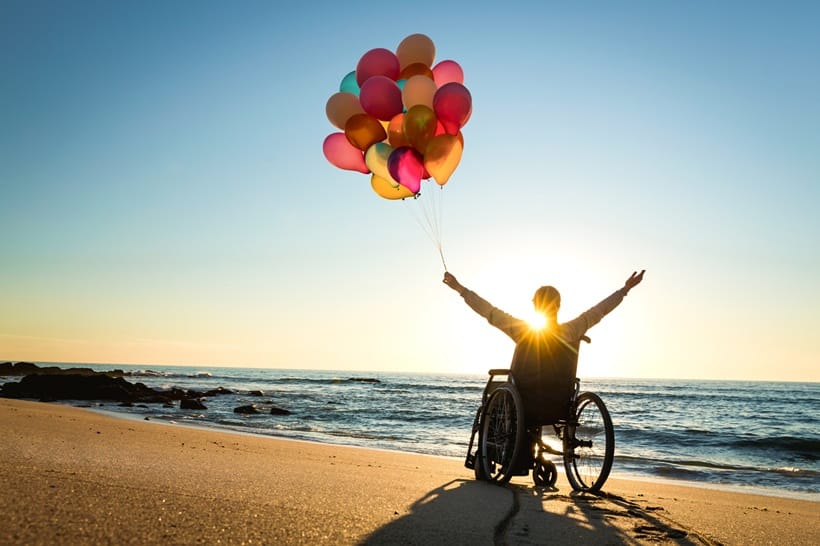
What about Meals?
Meal planning is an important part of any camping trip, and it’s no different when camping with a disability. Accessible meal preparation ensures that you can enjoy delicious and nutritious food without extra hassle.
Whether you prefer cooking over a campfire or using portable camping stoves, there are many ways to make meals easier and more enjoyable. When camping for adults with disabilities, it is helpful to choose foods that are easy to prepare, pack, and eat, while also considering any dietary needs or mobility limitations that may affect meal preparation.
Below you can find some food suggestions for a disabled-friendly camping experience:
Pre-Cut Vegetables and Fruits: Opt for pre-cut produce to save time and make meal prep easier.
Ready-to-Eat Meals: Consider bringing ready-to-eat meals or canned goods that can be easily heated on a stove or campfire.
Lightweight, Adaptive Cooking Gear: Use lightweight pots, pans, and utensils with easy-grip handles to simplify cooking.
One-Pot Meals: Simple dishes like soups, stews, or pasta are great options for cooking everything in one pot with minimal cleanup.
Protein Bars and Snacks: Keep protein bars, trail mix, and other easy-to-eat snacks on hand for quick energy boosts.
Foil Pack Meals: Prepare foil-wrapped meals with pre-seasoned ingredients that can be placed directly on the campfire for easy cooking.
Adaptive Eating Utensils: If necessary, pack adaptive utensils designed for easier handling and eating.
